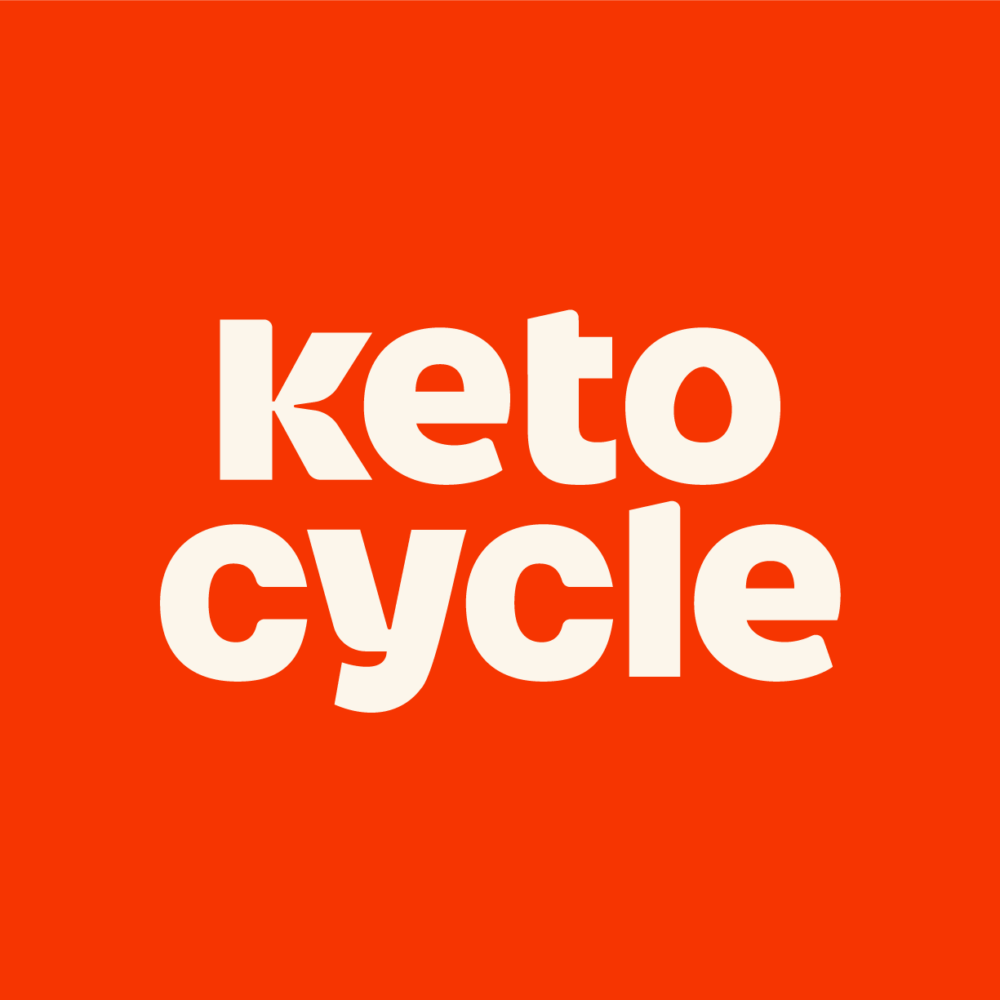How Long Does it Take to Get Into Ketosis?

Weeks go by and you don’t know if you are following the keto diet properly?
This is a common doubt among people who want to improve their lifestyle through a ketogenic diet.
Uncertainty can make you ditch the mission.
Stop drifting and find out how long it will take you to start enjoying the benefits of getting into ketosis.
How will I benefit from ketosis?
Before knowing how long it takes to get into ketosis, let’s talk about its benefits:
- By decreasing carbohydrate intake, it improves insulin resistance
- Lowers blood sugar levels
- Controls cravings because protein and fat increase satiety
- Helps you lose body weight
- Improves HDL levels known as “good” cholesterol
A ketogenic diet improves several metabolic functions. Selecting good fats and adding a regular training routine is the best way to take advantage of its benefits.
How long does it take to get into ketosis?
When you start eating less than 50g of carbohydrates, you can go into ketosis in 3 days. For some people, this process can take weeks, depending on some factors such as:
- Health status
- Age
- Metabolism
- Physical activity level
- Dietary choices
- Fat intake
The keto diet consists of eating a high amount of fats with a low percentage of carbohydrates. The body will use fats as its main source of energy. During this process, fat transforms into ketones and this is why it is called ketosis.

Advertisement
All this sounds like something easy and quick to achieve… but it is not.
The truth is, everyone expects a fast track when it comes to the body’s transformation. But, there is one big truth: we are all different.
Although your metabolism plays an important role, a large percentage of this variation depends on you. The more you stick to the rules, the faster you will see results.
At Health Insider, we want to share some valuable tips to help you succeed!
4 tips to speed up ketosis
Knowing that ketosis can happen in 3 days, you may be wondering why you feel like you haven’t reached it yet. Use these tips to speed up this process:
#1 Use apps to help you organize your keto diet
There is a lot of information about the ketogenic diet. Knowing what to eat and what not to eat is essential to achieve faster results.
One useful tool to follow the keto diet step by step is Keto Cycle. This is a resource that will prevent you from falling into the typical slip-ups. Keto Cycle contains recipes, tips, motivation, and workout routines, all in one app.

A ketogenic diet app designed to make keto easy. From the start.
- Personalized meal plans & workouts
- 10,000 keto recipes + vegetarian-friendly recipe database
- Customizable grocery list
- Calorie tracker
- Keto education and overviews of current trends
#2 Decrease your carbohydrate level
The Keto diet is different from all others as it requires a lot of discipline. If you take things too easy, the results are never going to come.
And, we say “never” because if you fail to get into ketosis, you won’t achieve what this diet promises. You’ll be eating bunches of fat without any sense.
Once you start the keto diet, you must keep carbs at a very low level. You can’t do carb cycling or cheat meals.
Avoid nuts (almonds, walnuts, hazelnuts) and dairy products during the first week. Even though they are high-fat foods, they also contain carbohydrates.
#3 Stay away from difficult keto recipes
It sounds a bit crazy not to prepare keto recipes if you’re on a ketogenic diet. But, the reality is that they may contain ingredients that can sabotage you. Keto mug cakes, keto hummus, keto cheesecake, and on and on, are recipes that may be holding you back.
Keep it as simple as possible.
Choose basic foods that don’t need too much preparation. Eggs, fatty meats, bacon, and avocado should be a staple on your plate.
#4 Fast as often as you can
You can achieve ketosis by fasting or by eating a very low carbohydrate diet. Combining these two modalities is the key to success. During the hours you are not eating, your body will use your energy reserves.
Fasting and the ketogenic diet together will not only help you lose weight but also improve your health. Find the schedule that best suits your lifestyle. You can start with short 7-day fasts or go for 16/8 fasts later on.
Will my body give me a sign that I am in ketosis?
Listening to your body is always the best option, even if some signals cause a little discomfort. That’s the case with the common symptoms of “keto-flu”.
At the onset of ketosis, you may experience some bothersome symptoms. Headache, dizziness, difficulty falling asleep, constipation, and nausea may appear. Keto-flu occurs in the first few days because your body is undergoing changes.
This discomfort can sometimes make you think about quitting the diet. Make sure you are well hydrated and consuming adequate electrolytes and micronutrients. These actions will shorten the time you will be feeling the symptoms.
What are the positive signs of ketosis?
The most common signs and symptoms of ketosis are weight loss, steady energy, less hunger, and increased focus.
Through urine test strips or specialized blood tests, you can also find out if you are in ketosis. But, these tools may not be as trustworthy.
Don’t put your mind to reaching a number – remember that the journey to your wellness is not a competition. Put all your effort into following the rules and you will succeed faster.
Eager to learn more? Watch this video:







Comments (0)